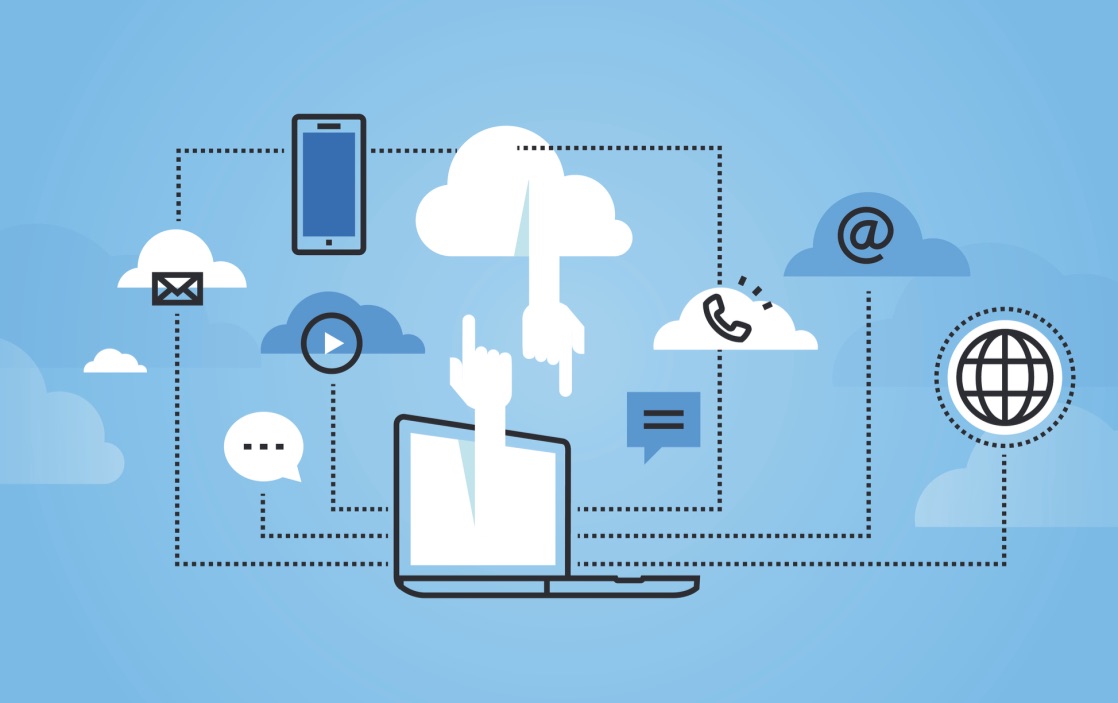
In the rapidly evolving digital world, businesses are continually seeking ways to enhance their operations and stay ahead of the competition. App modernization has emerged as a key strategy to achieve this, enabling businesses to revamp their software products to meet the actual demands. One technology that has been at the forefront of this transformation is Java.
With its ability to deliver secure and cloud-based applications, Java has become the preferred choice for many business owners. In this article, we’ll explore the benefits of modernizing apps with Java, examine various scenarios where it’s the best option, and delve into the different types of app modernization. Let’s go!
Table of Contents
Benefits of modernizing your app: Get inspiration first

Source: datasemantics.co
Making your application modern can yield significant advantages, from improved performance and security to enhanced user experience. By leveraging the power of Java, you can unlock a myriad of benefits that can boost your digital success—learn them below.
Reduced time-to-market
One of the most compelling reasons to modernize your app with a custom Java software development is the reduced time-to-market it offers. Traditional monolithic applications often require lengthy development cycles and updates, hindering businesses from swiftly responding to market demands. With Java’s agile development capabilities and robust libraries, your app will be built and deployed more efficiently. This agility usually results in faster release updates, staying competitive, and meeting customer expectations in today’s fast-paced world.
Improved customer experience
User experience is crucial for the success of any application. Modernizing it with Java software solutions lets you create intuitive, responsive, and feature-rich software that caters to customers’ needs. As practice shows, Java is frequently selected for modernizing e-commerce platforms, helping its owners to achieve a faster and more responsive user interface, higher customer satisfaction, and increased sales.
Reduced costs
App modernization with Java can lead to significant cost savings in the long run. By moving to a cloud-based infrastructure and adopting microservices architecture, you can optimize resource utilization and reduce operational expenses. Additionally, the scalability offered by Java applications allows adapting their infrastructure to actual usage, avoiding any kind of redundancy.
Streamlines business operations
Legacy applications often present challenges in integrating with modern systems, hindering seamless business operations. Modernizing with Java allows businesses to adopt standardized APIs and embrace service-oriented architecture, enabling smooth integration with other applications and services. This streamlined approach enhances business efficiency and facilitates data sharing, leading to more informed decision-making.
Enhanced security and data protection

Source: varonis.com
Security is paramount in the digital era, where data breaches can have severe consequences for businesses and their customers. Java’s robust security features and community-supported updates ensure that applications stay protected from potential vulnerabilities. Hence, the progressive financial institutions are choosing Java or modernizing their banking apps with robust encryption and authentication mechanisms. As a result, they earn the trust of their customers and can increase adoption rates.
Find out cases when Java app modernization fits you
While Java is a powerful technology, it may not always be the best choice for every scenario. Evaluating the specific needs and goals of your application is essential to determine whether Java app modernization is the right fit. Here are some cases where Java shines as the best option:
- Retaining an app on traditional architecture: If you have a legacy application that still serves its purpose but requires updates and modern features, Java app modernization can extend its lifespan and enhance its capabilities.
- Building a new functionality from scratch: For greenfield projects, Java offers a robust and reliable foundation, ensuring the development of scalable and future-ready apps.
- Meeting new business needs: As businesses evolve, their application requirements change as well. Java’s flexibility allows scaling applications to meet the dynamic needs of the business.
- Moving to the cloud: Java is well-suited for cloud-based deployments, providing you with such benefits as scalability, cost-effectiveness, and accessibility.
- Refactoring into microservices: Modernizing monolithic applications into microservices architecture with Java is expected to have greater agility, scalability, and maintainability.
Select the preferable type of app modernization
When considering app modernization with Java, you can opt for three main approaches, each catering to specific requirements:
- Runtime modernization: This approach involves migrating the application to a modern, cloud-optimized runtime environment. Java’s compatibility with cloud platforms and containers leads to seamless integration and harnesses the full potential of cloud computing.
- Operational modernization: By moving the application to a Kubernetes-based platform, businesses can enhance scalability, manageability, and resource utilization. Kubernetes’ orchestration capabilities combined with Java’s inherent adaptability make this a powerful combination.
- Architecture modernization: Refactoring the application into individually deployable and scalable microservices can enhance development speed and maintainability. In irs turn, Java’s support for building microservices architectures ensures seamless transitions and greater development agility.
Learn more about cloud-native Java apps

Source: lacienciadelcafe.com.ar
Cloud-native Java apps represent the pinnacle of modern application development, combining the strengths of Java with the benefits of cloud-native architecture. Key distinctions of cloud-native Java apps include:
- Scalability: Cloud-native Java apps can effortlessly scale to accommodate varying workloads, ensuring optimal performance and resource distribution.
- Resilience: By leveraging cloud infrastructure, these apps can automatically recover from failures, enhancing overall system resilience.
- Continuous integration and continuous Deployment (CI/CD): Cloud-based development enables automated CI/CD pipelines, streamlining the development and deployment process.
- Microservices architecture: Cloud-native software often follows a microservices architecture, which implies that individual components are developed, deployed, and scaled independently.
- Authority of frameworks: Cloud-based Java apps are compatible with popular frameworks like Spring Boot and Quarkus, facilitating rapid development and seamless integration.
Before you go
Java app modernization has emerged as a crucial strategy for businesses seeking to stay competitive and relevant in today’s digital world. By embracing Java’s capabilities, youcan enjoy reduced time-to-market, improved customer experiences, cost savings, streamlined operations, enhanced security, and data protection. However, first, you need to identify your specific business needs and goals to select the suitable Java app modernization scenario.
Moreover, as cloud utilization continues to rise globally, cloud-native Java apps are projected to remain the preferred choice for innovative and agile organizations. That’s why mbracing cloud-native principles and combining them with Java’s power will allow your company to unlock the full potential of your software product and approximate toward the future success.







